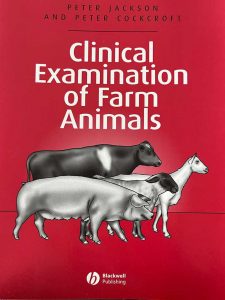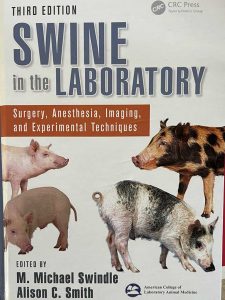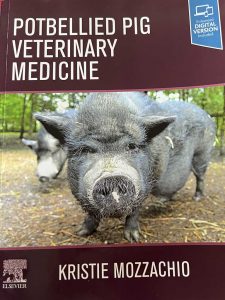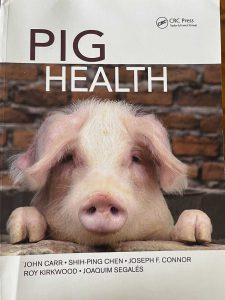While pursuing a career as a large animal veterinarian often requires sound skills in communication, extensive medical knowledge and a great problem solving techniques. Specializing in helping small holders/ pigs, it can be important to understand the responsibilities of a large animal vet and the education and licenses you need to become one.
A large animal vet focuses their work primarily on the health and safety of farm animals such as small holders/pigs and other animals. Most of these professionals hold a doctoral degree in veterinarian medicine and are specially trained to assist and treat large animals. Large animal veterinarians will often make house-calls to farm and other facilities to check up on the animals, test them for different pathogens, ailments and provide them with excellent medical care.
Large animal vets often have a lot of responsibilities and duties that they can perform during their workday, such as:
- Diagnosing and treating illnesses
- Providing helpful information and advice to animal owners
- Administering important vaccinations
- Drawing and testing blood
- Prescribing medication
Large animal veterinarians require several important skills in order to complete their work efficiently. Those skills can include:
- Understanding specialized medical equipment
- Ability to communicate animal behavior and conditions to animal owners
- Extensive knowledge of medical ailments and pathogens
- Ability to handle small holders/pigs
- Powerful problem solving capabilities
Recommended reading from Dr. John Carr, BVSc, PhD, DPM, DipIECPHM, MRCVS
Books: Permission given by Dr. John Carr and Kristie Mozzachio, DVM




Vet students may copy this article free of copyright.